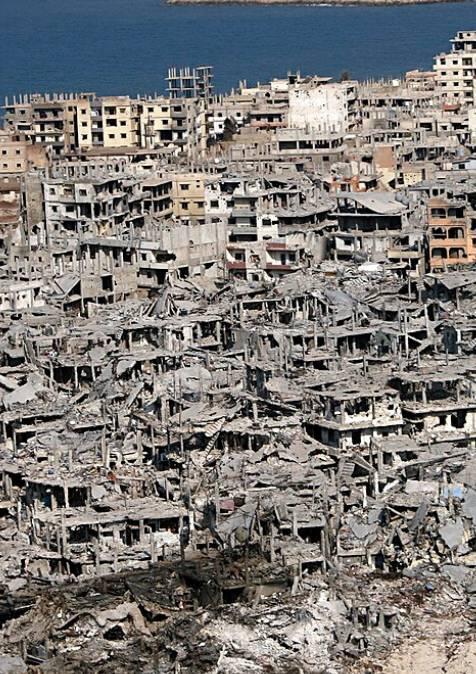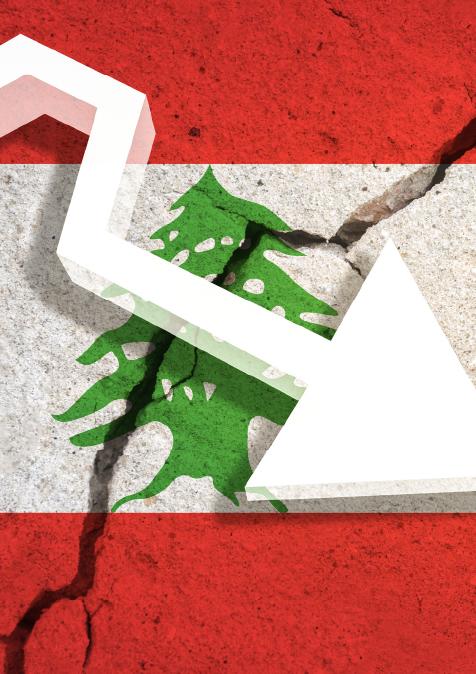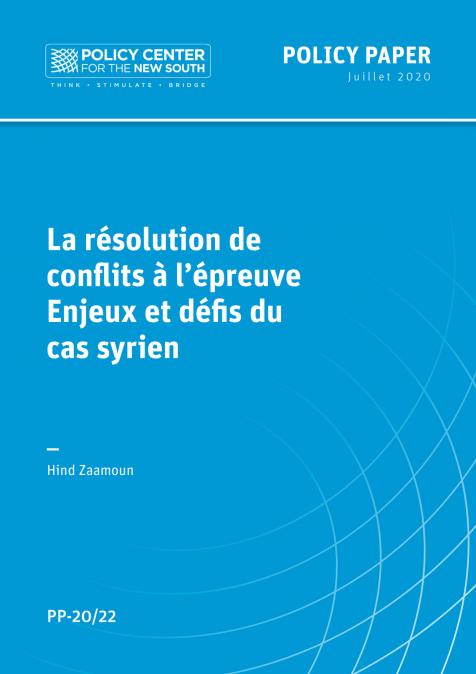Publications /
Opinion
The adoption of United Nations Security Council Resolution 2803 on November 17, 2025, endorsing the “Comprehensive Plan to End the Gaza Conflict,” is a step in the right direction, but it must be accompanied by the implementation of a Gaza development and post-conflict reconstruction program. Paragraph 6 of Resolution 2803 “calls upon the World Bank and other financial institutions to facilitate and provide financial resources to support the reconstruction and development of Gaza, including through the establishment of a dedicated trust fund for this purpose and governed by donors.”
It makes sense for the Security Council to single out the World Bank for this role because: (1) the World Bank has the knowledge, capacity, and experience to lead a complex reconstruction and development effort; (2) a reconstruction of Gaza that supports sustainable peace will require actions by the Palestinians, the Israelis, and the international community, and the World Bank is a credible and neutral interlocutor capable of working with all parties; and (3) the World Bank has recently decentralized its Vice Presidency for the Middle East and North Africa to Riyadh, bringing it closer to Gaza as well as to the important donors of the Gulf Cooperation Council.
A successful Gaza reconstruction is essential for lasting peace and is in the best interest of all the people of the Middle East, especially Palestinians and Israelis. It must be carried out in a manner that ensures it is a win-win effort. The World Bank will need to draw on its deep knowledge of the region’s economies, as well as its expertise and capacity in private sector development, governance reforms, and infrastructure and housing development. Moreover, the World Bank will need to use its convening power and its ability to partner with others to support militia demobilization and the opening of Gaza’s borders for the movement of people and goods. All parts of the World Bank Group (IBRD, IFC and MIGA) will need to be engaged.
As I pointed out in a recent policy brief, this will be the fifth Gaza reconstruction since 2010. For it to be the last, it must support—and be supported by—a sustainable political resolution to the conflict. It will also need to differ from previous reconstruction efforts in at least three ways. First, it must go beyond rebuilding damaged physical structures and instead focus on transforming Gaza’s economy and social contract to make it more inclusive, transparent, and globally connected in a way that expands opportunities for youth. Second, to build a new and inclusive economy, Palestinians must be fully involved in the development of the reconstruction program; it cannot be designed solely by foreigners, even if they are well-meaning experts. Third, it must prioritize private investment over donor financing. The reconstruction is estimated to cost more than fifty billion US dollars. Expecting donors to cover this through grants and concessional loans may not be realistic and, in any case, would not be efficient. Most of the financing needed for the energy sector, telecommunications, the seaport, and the airport should come as profit-making investments by the private sector or sovereign wealth funds.
A successful reconstruction that supports sustainable peace requires ending the blockade imposed on Gaza and reforming economic governance. It is essential that an economic negotiation track be pursued in parallel with the political and security negotiations. Experience has shown that without a major economic restructuring of Gaza, peace will not be sustainable.[1] The World Bank is in an excellent position to facilitate these economic discussions.
Both the World Bank and the International Monetary Fund have made the obvious point that removing the blockade is necessary for Gaza’s development. By restricting the movement of goods and people in and out of Gaza, Israel makes it virtually impossible for Gaza to develop. It is therefore not surprising that Gaza’s economy has been contracting at an average annual rate of 2.5% since 2007, and that even before this latest round of fighting Gaza’s unemployment rate stood at 45% (with youth unemployment close to 60%), while two-thirds of the population lived in poverty. No lasting peace can be achieved while 2.2 million people are forced to live under such conditions.
Removing the blockade does not simply mean opening the land crossings into Israel and Egypt. Gaza needs direct connections to the rest of the world through a seaport and an airport.[2] Naturally, lifting the blockade and opening Gaza to global trade and travel will require Israel’s agreement, which in turn will depend on addressing its security concerns. That is precisely why an economic negotiation stream is needed.
Good economic governance is also essential if Gaza is to attract private investment. Public opinion polls show that overwhelming majorities of Palestinians (87% in the West Bank and 72% in Gaza) believe there is corruption in their public institutions. Major reforms of these institutions are clearly needed. Governance reforms should accompany policy reforms aimed at making Gaza more attractive to both foreign and domestic investors. In addition to private investment in manufacturing, agriculture and agro-industries, significant private capital will be required in telecommunications, energy, the airport, and the seaport. The World Bank has extensive experience in governance and policy reforms, which will need to be coordinated with reforms of political governance. The World Bank Group also has the necessary instruments to support private investment through lending, equity participation, and guarantees.
Gaza’s reconstruction and development could contribute to lasting peace. At present, the prospects for peace between Israelis and Palestinians appear nonexistent. The October 7 attacks on Israel and the subsequent Israeli response have hardened positions on both sides. There is no strong political pressure for peace among either Israelis or Palestinians. The loudest voices are calling for war, hatred, and the de-humanization of the other. This is a recipe for a “forever war”. Wise and courageous leadership is needed on both sides to change this trajectory. A successful partnership to implement a program for Gaza’s reconstruction and development—one that delivers tangible benefits to both sides—could help shift the current dynamic and contribute meaningfully to peace efforts.
[1] This is a widely accepted fact—for example, see what Wolfensohn argued in 2004 or what Indyk wrote in 2024. Unfortunately, it was ignored, and Gaza evolved into what Ilan Pappé described as the ultimate maximum-security prison.
[2] Projects for a seaport and an airport in Gaza have also been discussed for a long time; see, for instance, Wolfensohn (2005) and the World Bank (2007).







